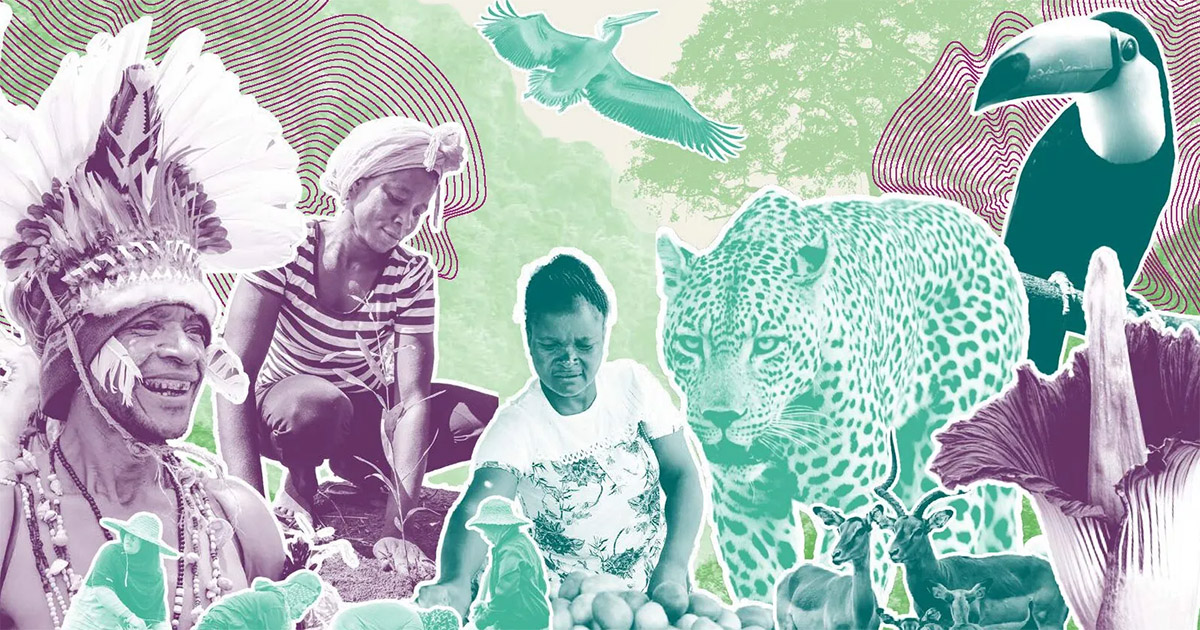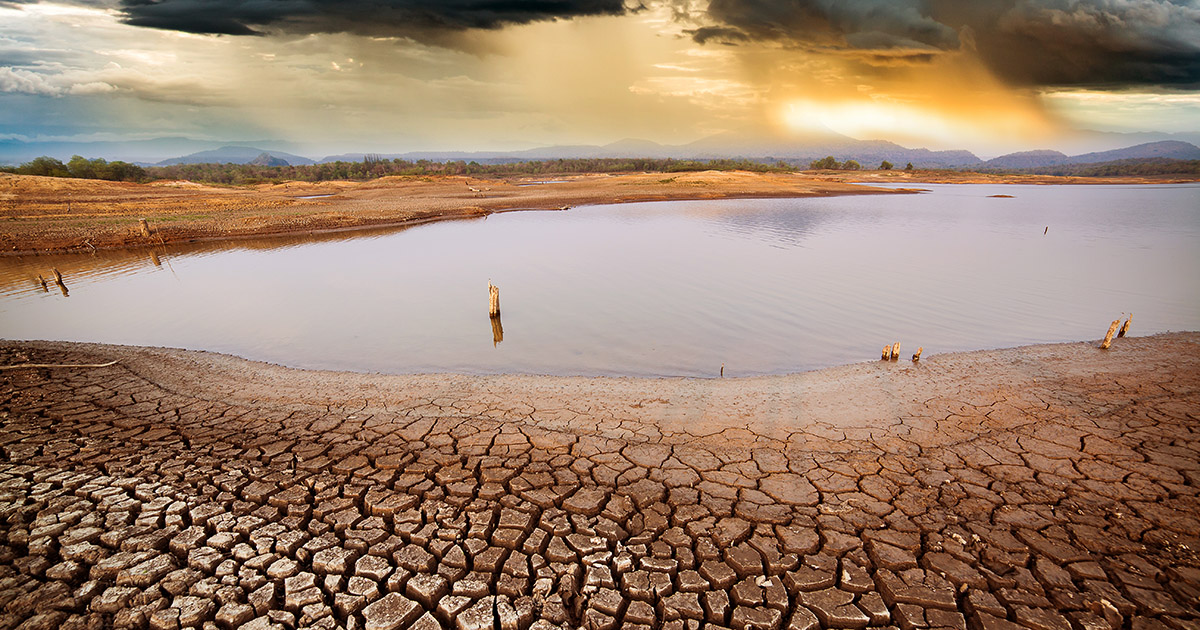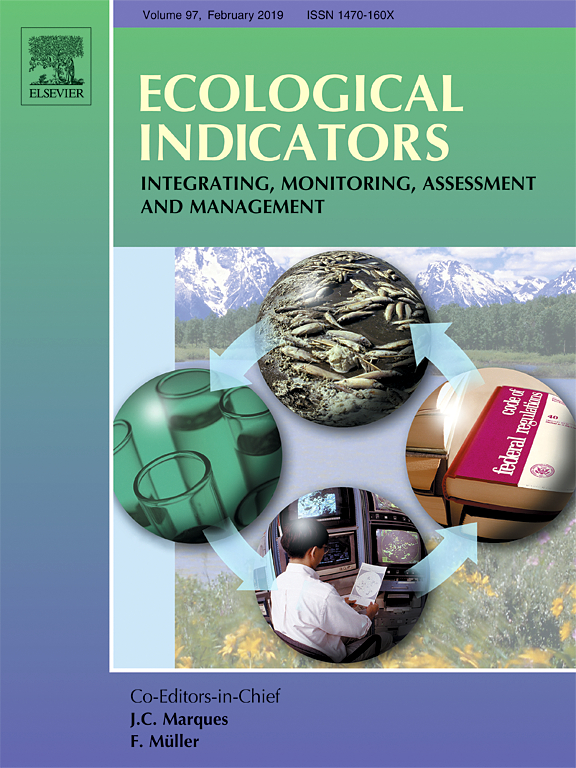Wetlands provide a diverse range of ecosystem services supporting livelihoods of many people. Despite their value, wetlands are continuously being degraded. There is scant information on individual wetlands, people's dependency and their exploitation at a local scale. We therefore assessed wetland ecosystem services, the drivers of change and impacts of those drivers on ecosystem services and people's dependency through a case study of the Maguri-Motapung Beel wetlands of Assam, India. Both qualitative and quantitative data were collected through household surveys, focus group discussions, key informant interviews and community workshops. The analyses showed a total of 29 ecosystem services, and high dependency on these with five out of seven livelihood strategies sourced from ecosystem services. Over-exploitation of wetland resources and siltation were reported as the major direct drivers of change with impacts on both ecosystem services and people's livelihoods. Drastic decreases in availability of thatch, fish stocks, fodder and tourism were observed. This suggests that there is an urgent need for a comprehensive participatory management plan. Actions are needed to maintain the Maguri-Motapung Beel wetlands and the flow of services in order to sustain people's livelihoods in the area. With an estimated 50% global loss of wetlands in the last century and the loss of 5,000 square kilometers a year in Asia alone, the loss of ecosystem services and livelihood impacts shown in our study may be typical of what is occurring in the region and perhaps globally.
Download:
DOI:
https://doi.org/10.3390/land5020015
Dimensiones Recuento de citas:



















